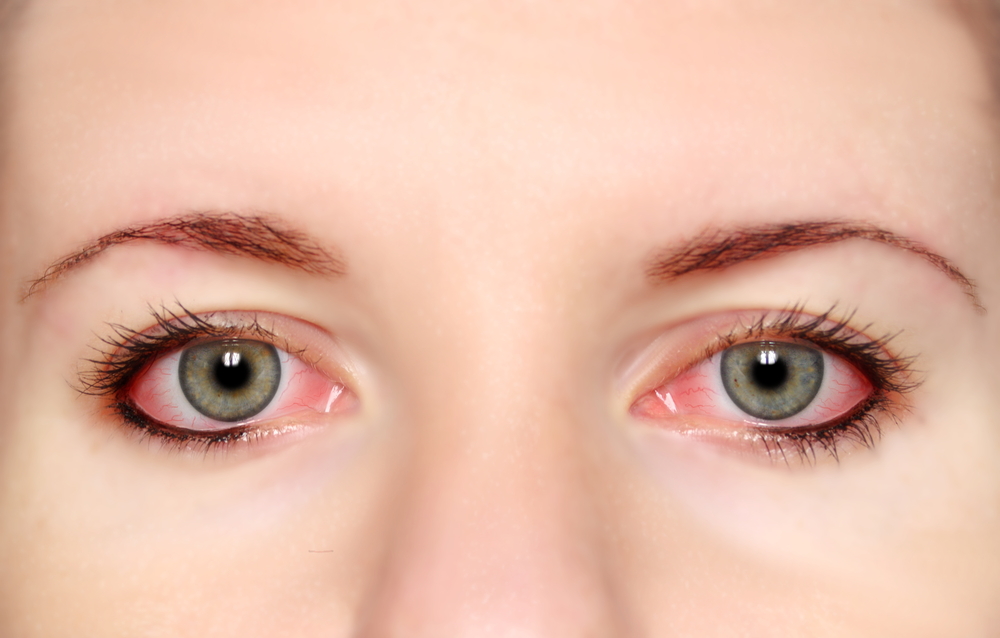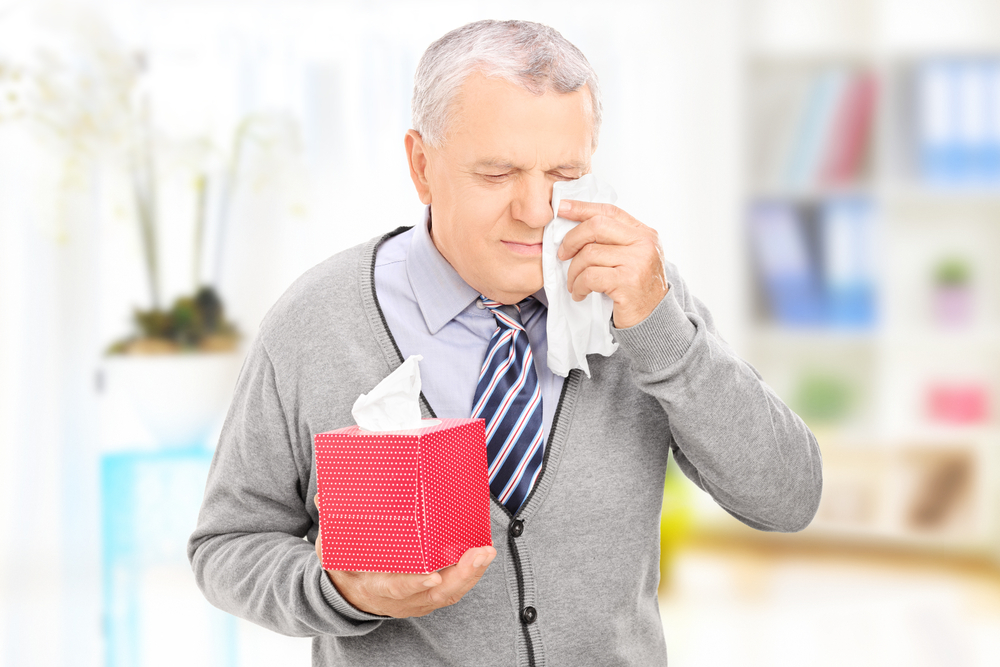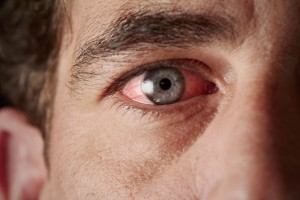Spring is in the air, which also means it’s the season for allergies (i.e. Itchy, watery, red and generally unhappy eyes). People with keratoconus need to be particularly careful around allergy season, because rubbing your eyes can exacerbate both your allergies and keratoconus.  Among the general keratoconus population, we see a significant incidence of allergic eye disease, which causes itchy eyes. In addition to this, there is a high correlation of keratoconus patients who rub their eyes. If you are one of these, STOP. When you rub your itchy eyes, it damages the mast cells within the eye tissue, causing histamine to release from these cells. More histamine around your eyes will increase itching and your urge to rub, which in turn can cause keratoconus to get worse. So even if rubbing makes your itchy eyes feel good, stop: the potential long term damage outweighs the short-term relief.
Among the general keratoconus population, we see a significant incidence of allergic eye disease, which causes itchy eyes. In addition to this, there is a high correlation of keratoconus patients who rub their eyes. If you are one of these, STOP. When you rub your itchy eyes, it damages the mast cells within the eye tissue, causing histamine to release from these cells. More histamine around your eyes will increase itching and your urge to rub, which in turn can cause keratoconus to get worse. So even if rubbing makes your itchy eyes feel good, stop: the potential long term damage outweighs the short-term relief.
Whether your eyes are watery, itchy, or red around this time, you’ll find the best relief beyond your neighborhood drug store’s allergy aisle. While there are over-the-counter medications that help allergies, they may not be the best option for you. Oral medications for allergies tend to dry out the body in general (which is why they make a runny nose stop running), which includes the eyes. When it comes to eye drop options for allergy relief, the results are often unpredictable and short-lived.
Some surprisingly simple changes to your home can help. Keeping the windows and doors closed to keep the allergens out is helpful. Take your shoes off before coming into the house, consider taking a shower before bedtime, or frequently wash your pillowcases, which may remove enough of the allergen to improve your symptoms. If you have a pet that goes outside, consider bathing them twice a week to remove allergens they track in. For direct, immediate relief, place a cold wash cloth on the surface of your eyes to calm the symptoms.
The next step to relief includes personalized recommendations from your eye care provider (ECP). A common medication your ECP may prescribe is an antihistamine-mast cell stabilizer, such as Pataday or Lastacaft. These combination drugs use an antihistamine for immediate comfort and a mast cell stabilizer to carry out the benefits long term. Often these medications are so effective that they may be the only ones you need. When your allergies are severe and this combination drug is not enough, your ECP may add a topical steroid ointment to complete your treatment.
Be extremely diligent in rubbing and rinsing your lenses with fresh solution prior to storing them overnight. This will help to remove the allergens that have accumulated on them during the day.
Even if your annual eye exam doesn’t happen around allergy season, remember to visit your eye care provider if you have allergy symptoms. It may require a combination of prescription medications and environmental changes tailored to your specific symptoms to prepare your eyes now and for allergy seasons to come.
5/7/15
 David L. Kading OD, FAAO
David L. Kading OD, FAAO
Specialty Eyecare Group
Offices in Kirkland, WA and Seatte, WA
_
_
_
 Charissa Young
Charissa Young
Optometric Extern
Eye Care Group of Southern Oregon, PC




